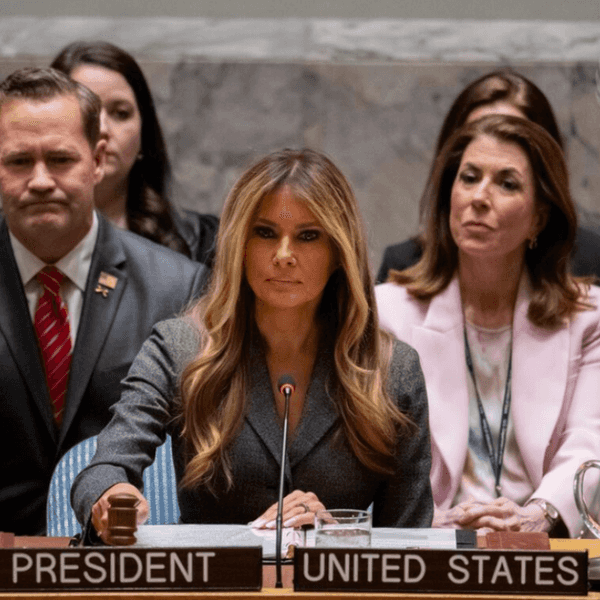
Reprinted with permission from Washington Spectator.
America prides itself on peaceful transitions from one president to the other. No coups. No backstabbing. No backward glances at what might have been. We witness this every four years or, at the most, every eight.
No matter how bitter a presidential campaign or how antithetical an outgoing president’s policies and ideology may be from his successor’s, the newcomer is ushered into the highest office in the land with dignity and courtesy. Such continuity is a fundamental tenet of the United States.
Only in the weeks preceding the Civil War was it violated, when the southern states seceded after the election of Abraham Lincoln. What followed took the lives of roughly 620,000 men over the next four years—approximately two percent of the nation’s population.
Also part of our tradition is the absence of any remonstrance from one president toward another, regardless of the ideological gulf between them. Almost since the founding of the nation, it has been considered unthinkable for a former president to criticize a sitting president.
But as these are the times that try men’s (and women’s) souls, such niceties must cease. Since January 20, the nation’s most fundamental values have been distorted, as the man who spoke of “carnage” at his inauguration presides over a divided and fractious nation. This carnage—a blow to our comity and polity, to our sense of union and of purpose—Trump has personally unleashed. If this is what is in store for us over the next four years, the United States may be unrecognizable by 2020.
If this is what is in store for us over the next four years, the United States may be unrecognizable by 2020.
Confronted by such conditions, it is incumbent upon the five living former presidents—Jimmy Carter, George H.W. Bush, Bill Clinton, George W. Bush and Barack Obama—to disregard tradition and form a Presidential Committee of Conscience that would have one purpose: to admonish and correct a sitting president whose actions are a threat to the defining ethos of the nation; whose policies contribute to the shredding of the fabric that bind us together as a people and fracture alliances that have been the foundation of a reasonably calm and sensible global order; whose cavalier utterances betray the dignity and purpose of the office of the presidency.
The first weeks of Trump’s presidency—our introduction to this man as chief executive—visited havoc on the nation. His tweets were impolite, immature, and menacing, from targeting a sitting federal judge to attacks on The New York Times. His executive orders defy any logical and accepted manner of shaping the federal government to a new president’s will: witness his Muslim ban which is a rebuke to the nation’s history of welcoming the stranger, regardless of faith or origin.
As he moved into his first month in the Oval Office, the transgressions continued: He has insulted the leaders of Australia and Mexico; attacked the concept of an independent judiciary; affronted a revered civil rights leader, John Lewis; excommunicated leading news outlets from White House briefings while slandering the press as the “enemy”; suggested a moral equivalence between state-sanctioned killings in Russia and actions of the United States; turned his Florida resort into an open-air situation room; pandered to anti-Semites and racists; persistently lied about his electoral college “landslide;” and impugned the integrity of his predecessor with baseless claims of wiretapping.
There have been exceptions to the veneer of politeness we expect of former presidents. For example, when Teddy Roosevelt was disappointed that his handpicked successor, William Howard Taft, was abandoning TR’s pioneering progressivism, he attacked him as a “fathead,” a “puzzle wit” (apparently, an insult 100 years ago), and having “brains less than a guinea pig.”
Unlike TR, a Presidential Committee of Conscience would be dignified while being resolute and constructive. It would comment only when the nation’s rule of law, principles, and values are at risk. It had better be formed soon. And if not a committee, then one or more of the former presidents must begin to speak out. George W. Bush, who for eight years refused to comment on the Obama presidency, has taken the lead. Bush took issue with Trump’s immigration policy, his name calling, and his characterization of the media as the “enemy of the people.”
“I consider the media to be indispensible to democracy,” Bush said. “We need an independent media to hold people like me accountable.”
The other “exes” should join him, speaking with the moral and political authority that only they possess.
Arthur J. Magida is writing for W.W. Norton a biography of Noor Inayat Khan, the Sufi heroine who fought the Nazis.








